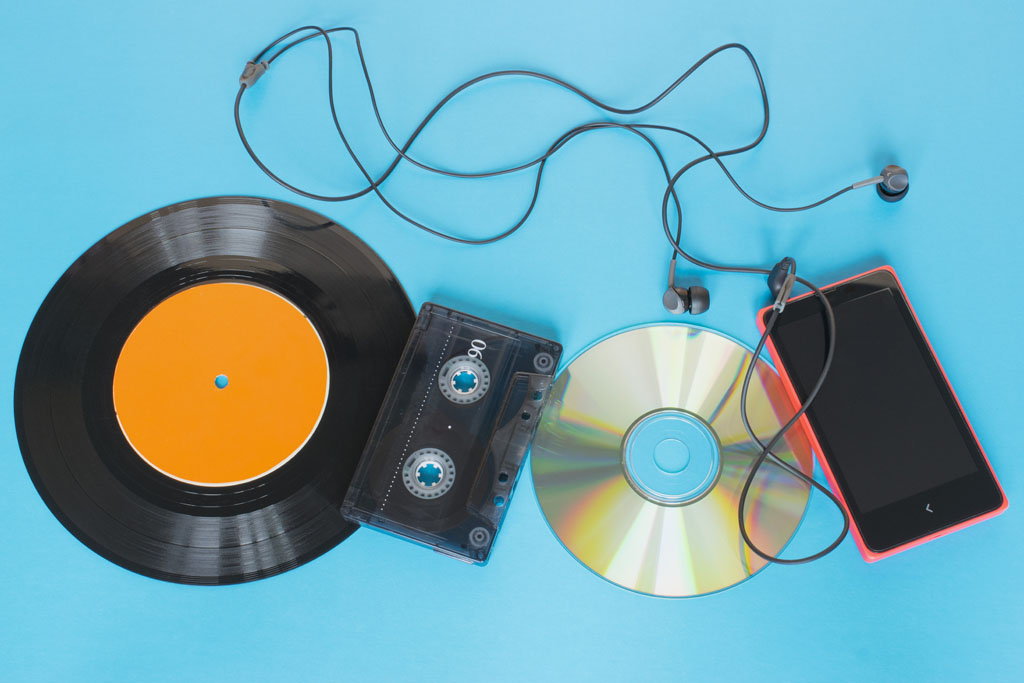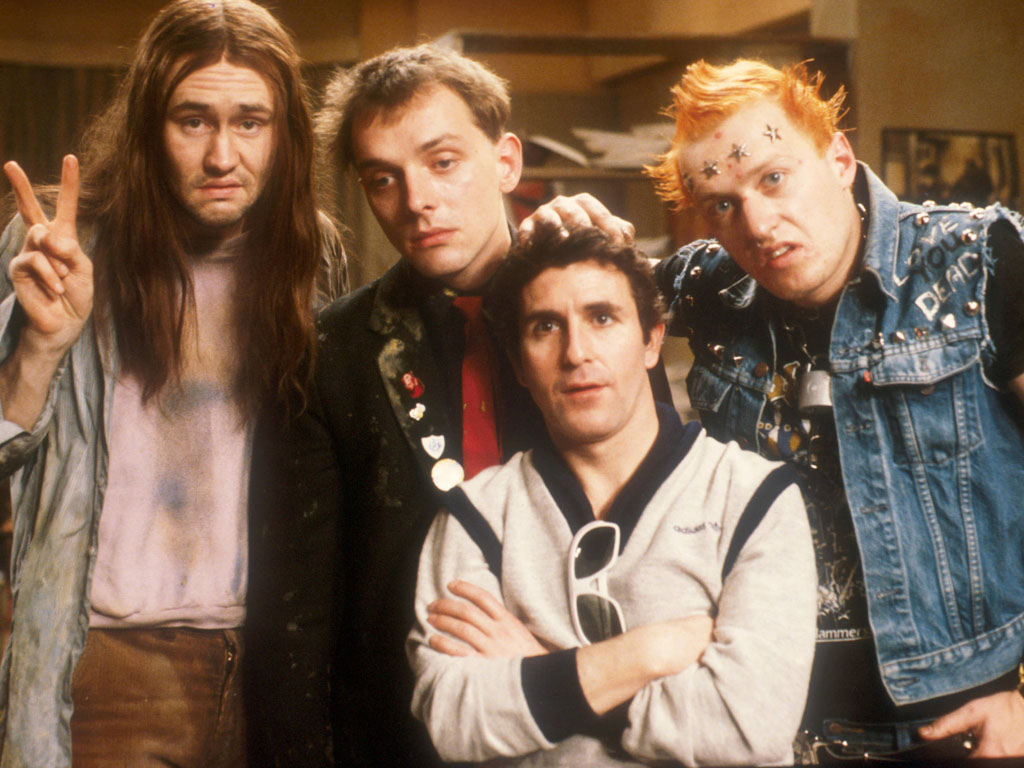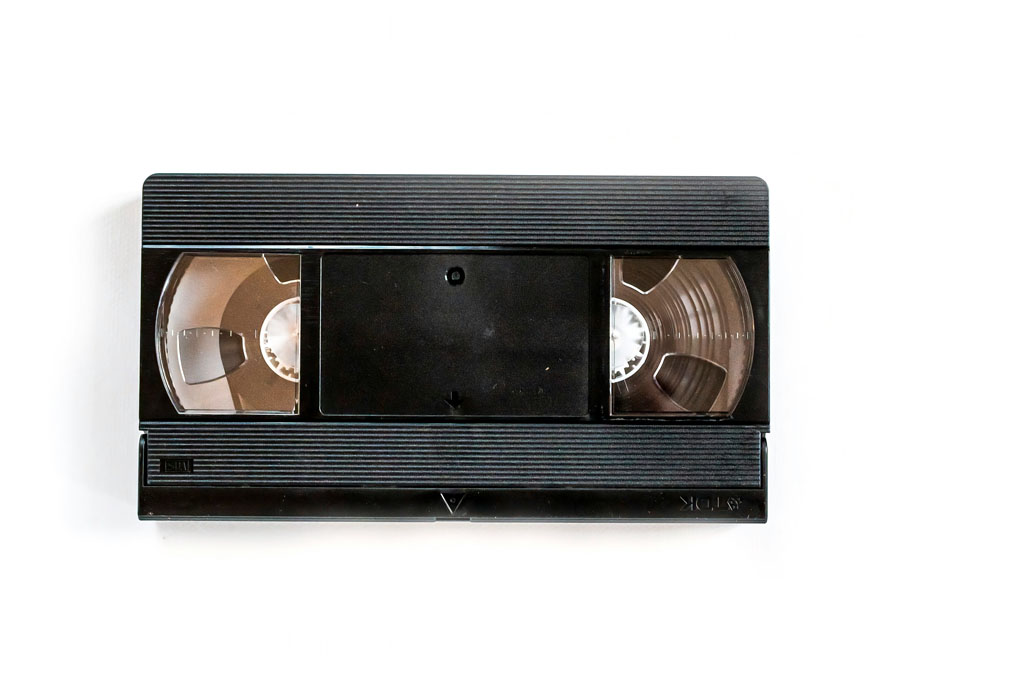BACKSTAGE
24 Feb 2025
DO YOU SEE WHAT I SEE?

Subscribe to CX E-News
Have we got a video? YES, we’ve got a video.” The Young Ones were responsible for myriad quotable lines and that one has long stuck with me. But that was the ’80s and we watched courtesy of government funded TV (BBC and ABC). That’s how our generation rolled.

There’s a meme going around that jokes about Gen X getting pissed off by paying for our music collections multiple times over. First purchased on vinyl, ‘upgraded’ to CD, ripped to mp3 and now only available for rent on a subscription-based service. The same has happened for video – you watched it on film at the cinema; bought (or rented) the tape; bought the DVD; bought the Blu-Ray; ripped it to a media server and now also subscribe to a streaming service to pay yet again for what you’ve seen over and over before. Bonus points awarded if you also got the Laserdisc version. You can probably quote the film verbatim by now, yet they still have you paying to watch it.
It’s a crappy business model – particularly for the artists getting mere percentages of pennies per stream – but it seems to be the economic template that our society is choosing. You don’t get to own anything anymore; you just get to rent it. Terms and conditions may (and inevitably will) vary…
The same thing has happened with software and will likely do so for hardware soon. Why hit a customer up but once, when you can get them to fork out every damn month. We are fast becoming engulfed in one overwhelming SLA, and the terms ain’t exactly in the consumer’s favour.
Ever tried getting out of this Orwellian embrace? Unsubscribing from some services is an arcane process at best. At worst, it is near impossible.
You may well own the hardware that is your vehicle but not the software that it requires to operate. Will your car still work if the company that maintains the servers it relies upon to function suddenly goes belly-up? Maybe they just get knocked offline for a while but the whole setup won’t allow you to refill, recharge, or use an essential feature like heated seats until the robot AI can talk back to base.
One school of thought says renting everything is good for the consumer. You only require low upfront investment and have easier access to the latest and greatest of products as soon as they are available in the cycle. All benefits that purchasers forgo. But purchasers end up with an asset, which has intrinsic value and can be resold. I’ve seen mathematical models supporting either approach and you can justify whatever you want with more lies, damned lies, and statistics.
What happens when the paradigm breaks? Where do you seek redress or rectification. I’ve spent hours out of the previous few days trying to find an alternative platform to host our community email list-server. Why?
Because Google banned our previous group with no warning, no detailed or useful reason (unwanted content) and no right of recourse. Overnight, our trusted communication channel disappeared. Again. For this was the second time that Google had dumped us in the poo. And, like the first time, all our
entreaties for a resolution to the problem were met with ‘crickets’ – not even so much as a pro-forma ‘we have received your query.’
After all of that, we have no choice but to find a different platform. One where they show the customer enough respect to at least reply to any help requests. We’ve settled on gaggle.email. It is very similar to the Google Groups it will replace, has several (reasonably priced) upgrade paths if we need them, and they have already replied to requests for info before we even committed to their service(s).
Domestically, we will continue to use Google for YouTube, as it currently provides the bulk of our home video content. Much of it home-grown, quirky and non-mainstream. It’s free, as long as we accept that we are paying via advertising and the sale of our viewing habits to murky third parties. Our household is yet to join any of the paid major streaming platforms. Not that we don’t find some of their product worth viewing but that we already get great value from cheaper alternatives like YouTube or free-to-air digital channels.
I’ve kept a large collection of DVDs. So yes, we do physically have a video, but we also have access to an endless library of them online. As long as we have functioning internet – not always a given out in the sticks – we can find whatever movie or show we want via a streaming service. Maybe it’s free, maybe it costs, but we still only get temporary license. It seems we can no longer expect to own the video as a product.
I’ve noticed that an increasing amount of recent streamed video is AI generated, or human edited but AI narrated. I fear that we are at the wrong end of a quality implosion and are about to be swamped with ever more machine generated generic homogenised content, devoid of nuance, subtlety or irony. Completely lacking humanity, both subjectively and by definition.
AI is killing the video stars in much the same way that it has already gone after recorded music. Spotify has been encouraging (or, at least allowing) AI generated music to proliferate. When there is so much awesome back catalogue, so much brilliant contemporary music and so much yet to come, why would they favour AI tunes over those created by real humans? Because it’s more profitable, and we consumers are much poorer for that. As for the artists, they are either sidelined or copied without credit and get even less payback than ever.
Fortunately, the ratio of ‘real’ versus artificial content is still in the positive but is it only a matter of time until the bots take over our feed? Then, do ‘we really have a video?’
One answer lies with the Young One’s proto-punk, Vivian: ‘if anyone else asks me that question, I’m going to stick their head through the window.’

Subscribe
Published monthly since 1991, our famous AV industry magazine is free for download or pay for print. Subscribers also receive CX News, our free weekly email with the latest industry news and jobs.






